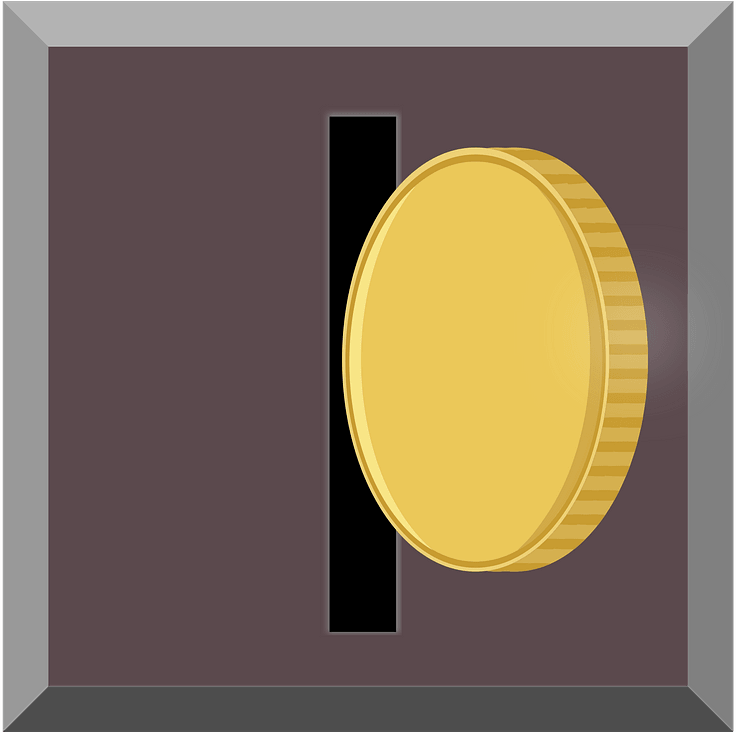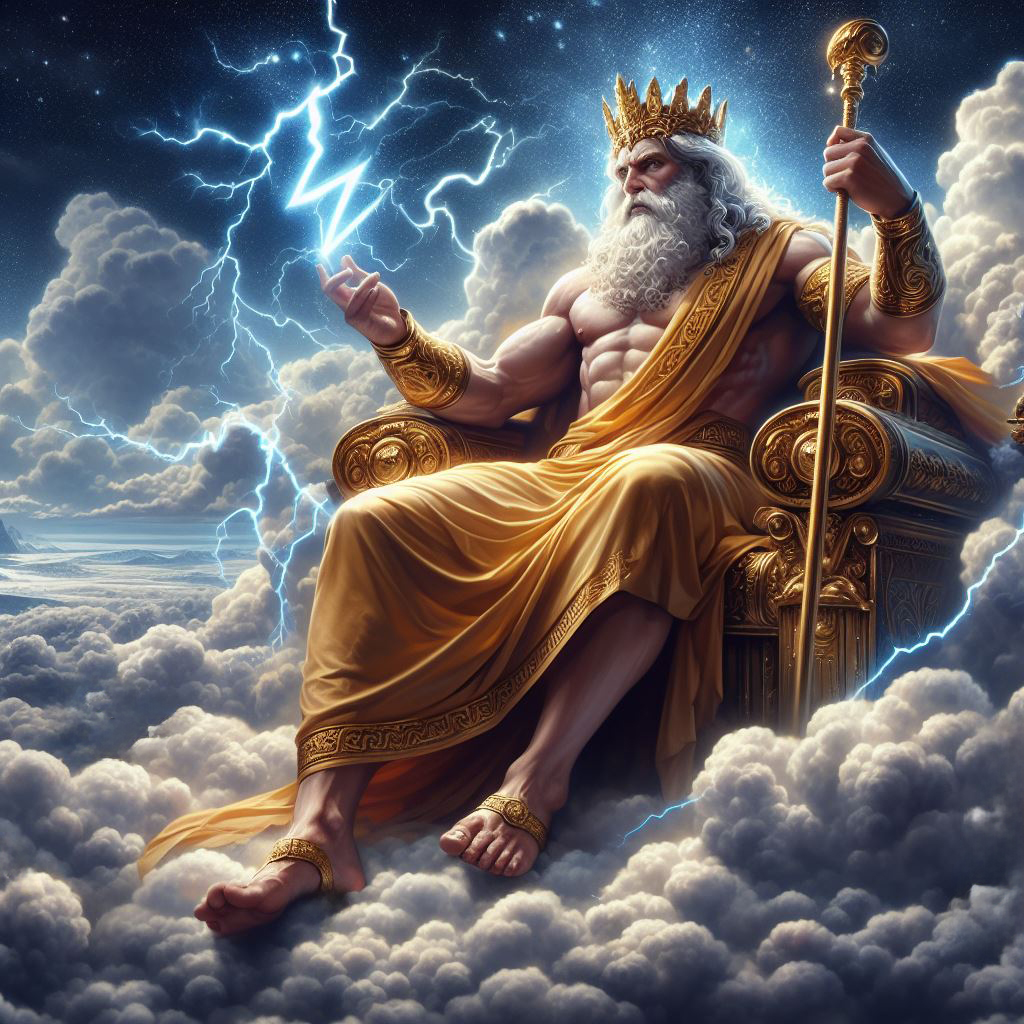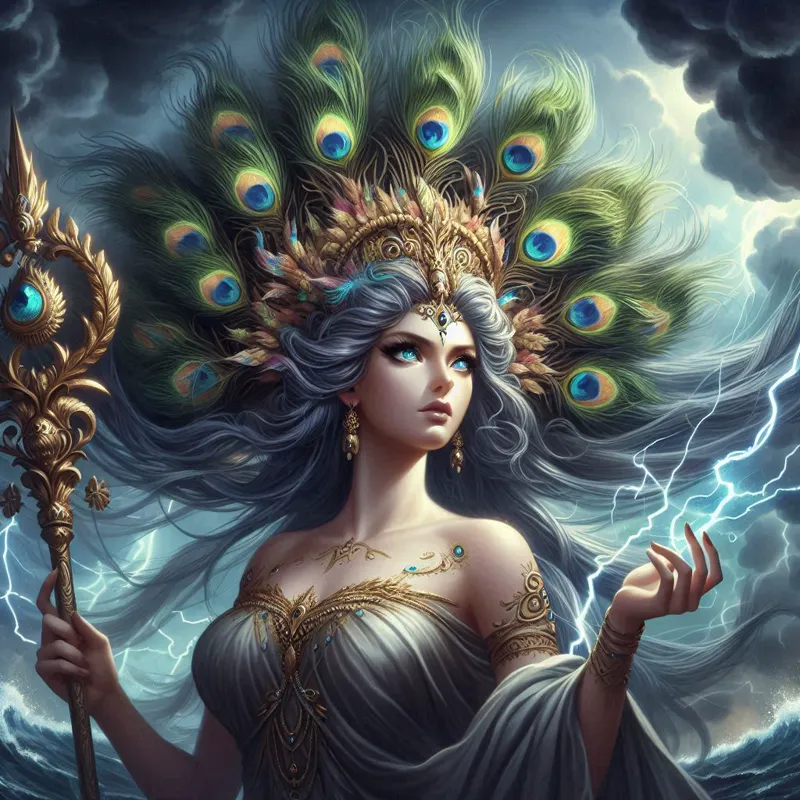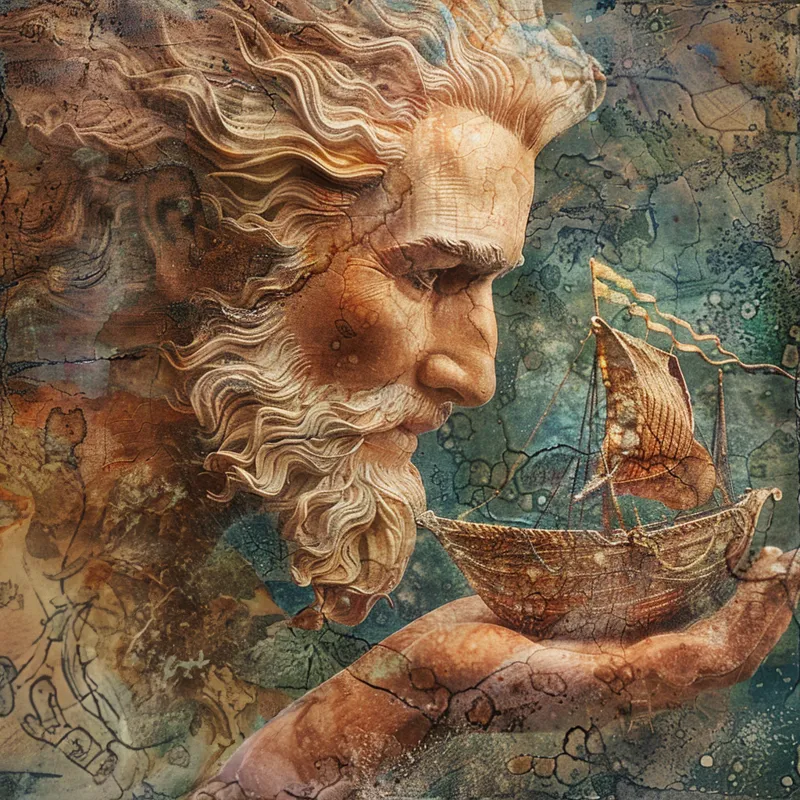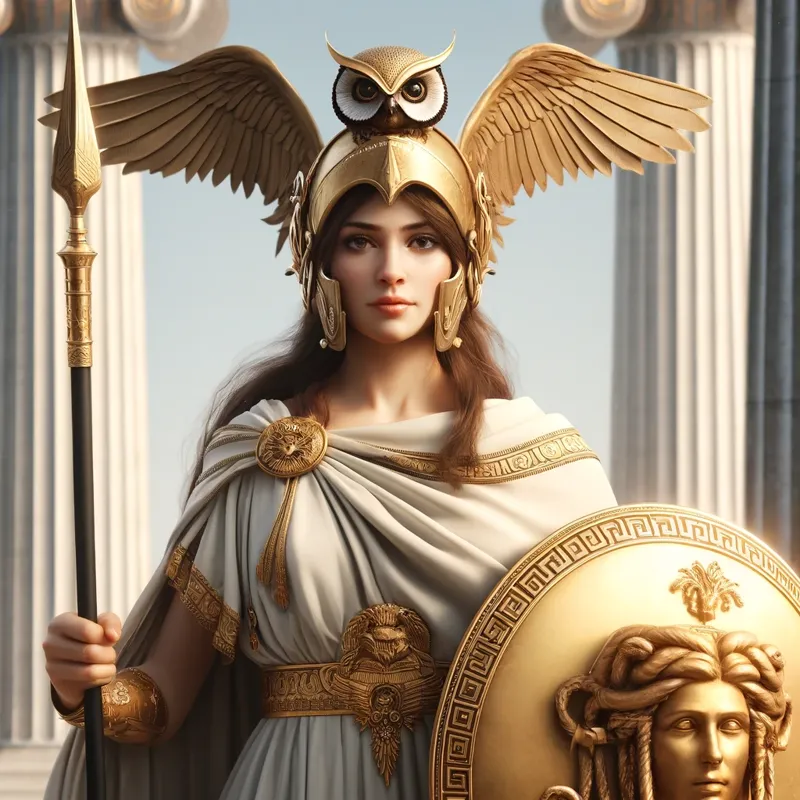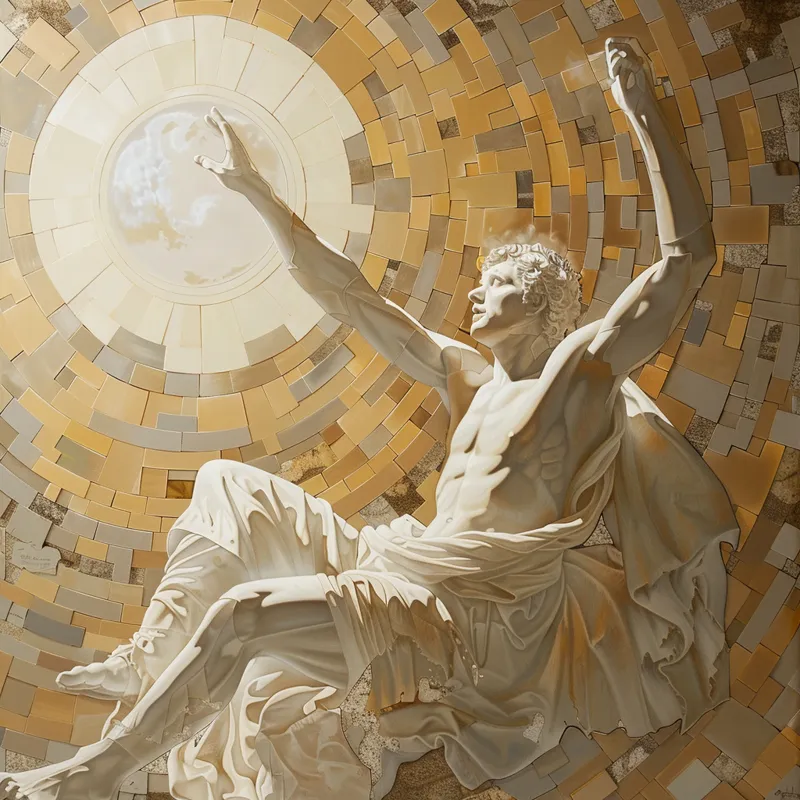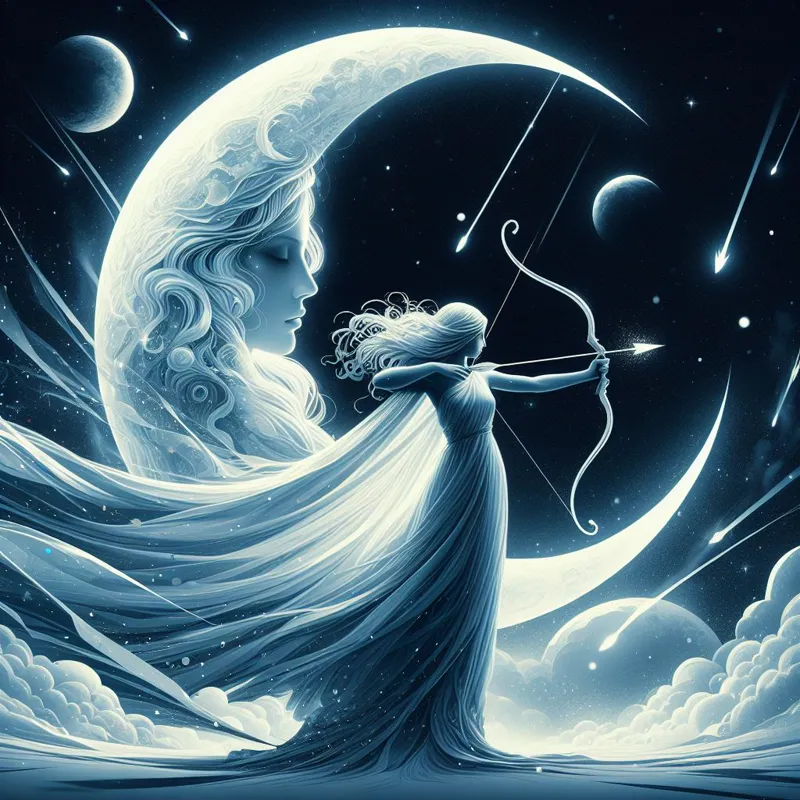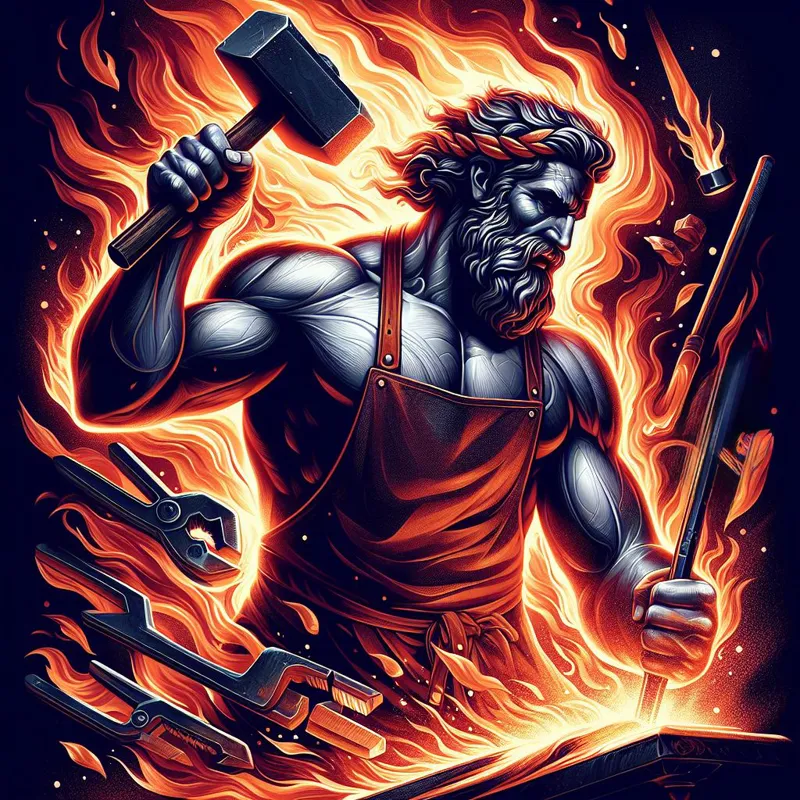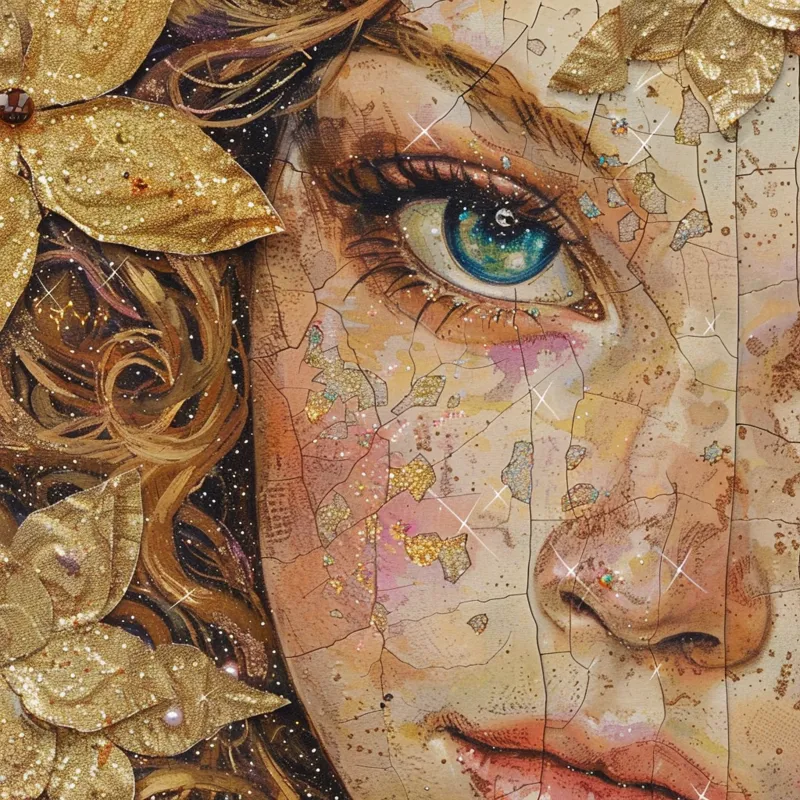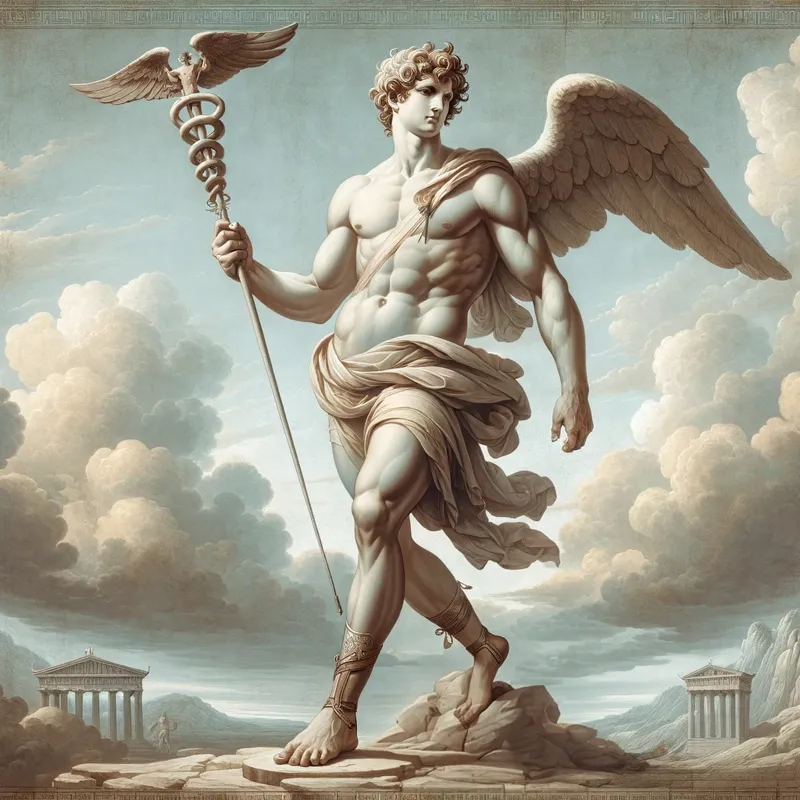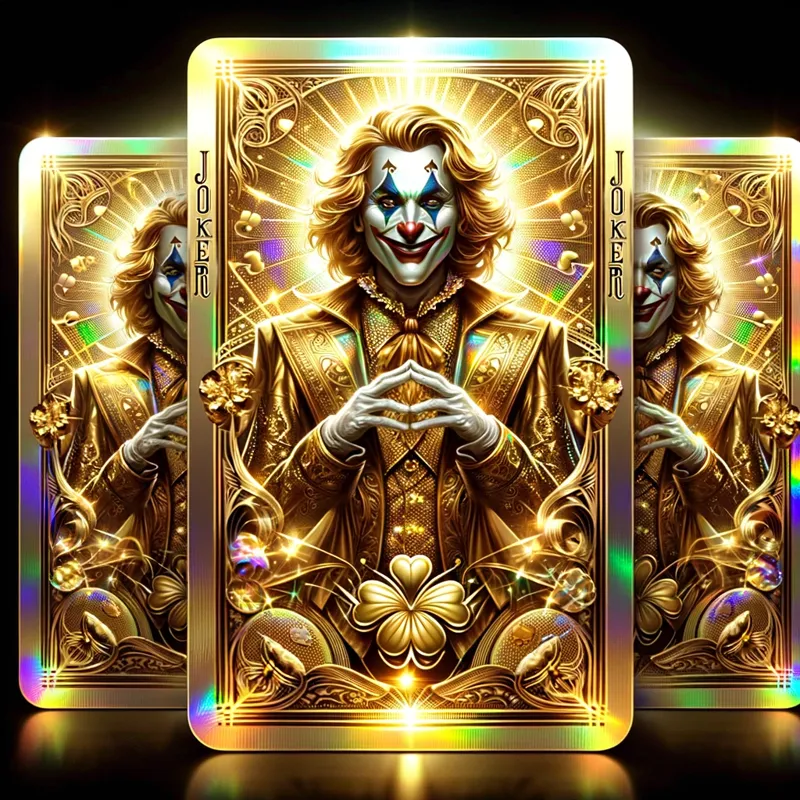
Our fate is in the cards
The archetype of the Fool is a compelling and multifaceted symbol in literature, mythology, and cultural narratives worldwide. Historically depicted in a myriad of forms, from jesters in royal courts to the Tarot's carefree wanderer, the Fool embodies a paradoxical blend of innocence and insight, chaos and wisdom.
Often dismissed as the simpleton, the Fool, in truth, represents the quintessence of potential and the spirit of the unexpected. This exploration unfolds in seven sections, each examining a different facet of the Fool's conception and its enduring legacy in human storytelling.
The Historical Jester

Extreme order
The court jester is perhaps the most recognizable manifestation of the Fool. In medieval and Renaissance times, the jester held a unique role in the royal court, enjoying the liberty to speak freely where others could not. Cloaked in motley attire, jesters used humor and satire to critique and comment on contemporary politics and courtly life. Their foolishness was a carefully crafted performance, granting them the power to mirror society's follies and vices under the guise of entertainment.

Things don't get better
In contrast to their comical exterior, jesters were often chosen for their sharp wits and intelligence. They were expected to be well-versed in poetry, music, and the intricacies of courtly manners. Their position required a delicate balance—providing amusement while navigating the dangerous waters of political intrigue and royal favor.
The Fool in Literature

Joy in the absurd
In literature, the Fool takes on a more complex and layered presence. Shakespeare's Fools, like King Lear's loyal Fool or Twelfth Night's Feste, serve as more than mere sources of comic relief. They offer profound observations and truths that cut through the illusions held by other characters. The Fool's apparent simplicity often hides a depth of understanding of the human condition.
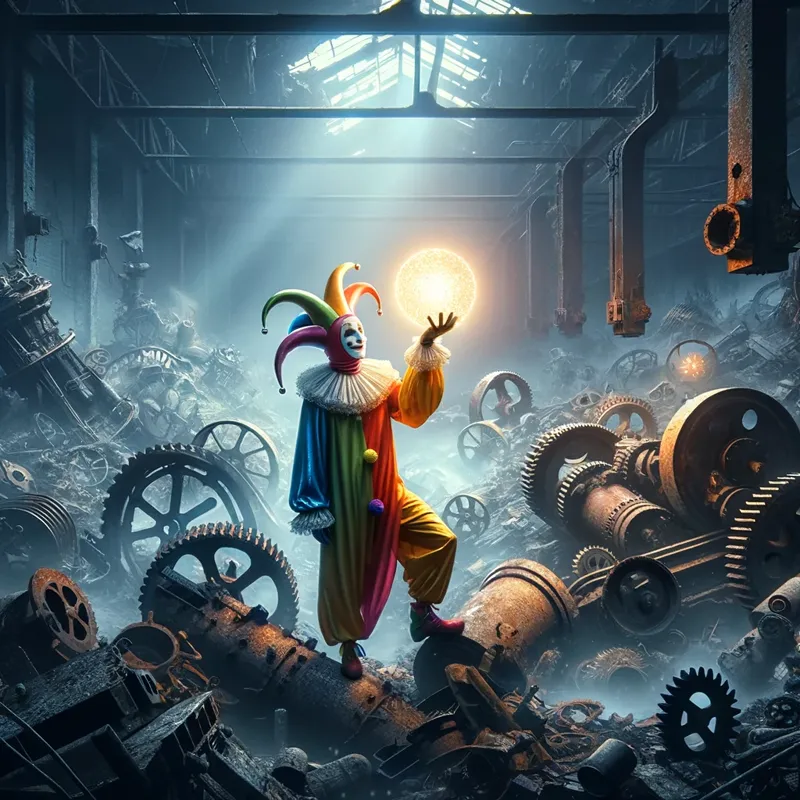
The beginning of an idea
The literary Fool is a truth-teller whose wisdom is frequently underestimated. They often speak in riddles and paradoxes, challenging the audience to look beyond the surface. Their presence invites readers to question norms and recognize the absurdity inherent in societal constructs.
The Fool in Tarot

Laughter is contagious
In the Tarot, the Fool is the card of infinite possibilities, typically depicted as a young traveler stepping off a cliff, a small dog at their heels. This image captures the essence of the Fool's journey—one of innocence, potential, and a leap into the unknown. The Fool in Tarot symbolizes the start of a new adventure, the kind that comes with inherent risks but also the promise of self-discovery and growth.

A parody of one's self
The Fool's position as the zero card of the Tarot deck signifies both an end and a beginning, a moment of transition that is not burdened by the past or concerned with the destination. The Fool encourages one to have faith in the path ahead, even if it is not yet visible.
The Trickster God

See yourself in my shoes
In mythology, the Fool often overlaps with the Trickster god—an entity that defies the rules of the gods and men. Tricksters, such as Loki in Norse mythology or Anansi in African folklore, are shape-shifters and boundary-crossers. They represent the chaotic element of surprise that can turn order into disorder, often for their amusement or to serve a hidden agenda.

Is this really me?
Despite their disruptive nature, Trickster gods play a crucial role in creation and change. They challenge the status quo, upset conventional wisdom, and by doing so, they often become catalysts for transformation and innovation.
The Fool in Festivals and Folklore
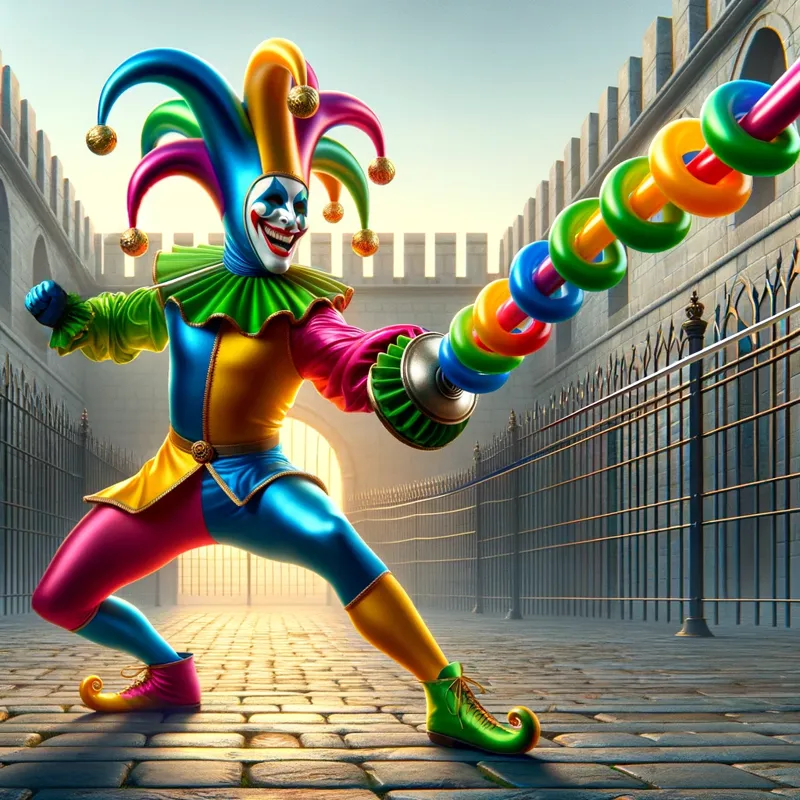
A sword that harms no one
Festivals have long celebrated the Fool, particularly during events like Carnival, where social norms are temporarily inverted. During these festivities, the Fool reigns supreme, and the world is turned upside down. Hierarchies are subverted, and the everyday rules of behavior are suspended. In folklore, the Fool is often the character who, through a combination of luck and wit, outsmarts villains and obstacles, succeeding where the wise and powerful fail.
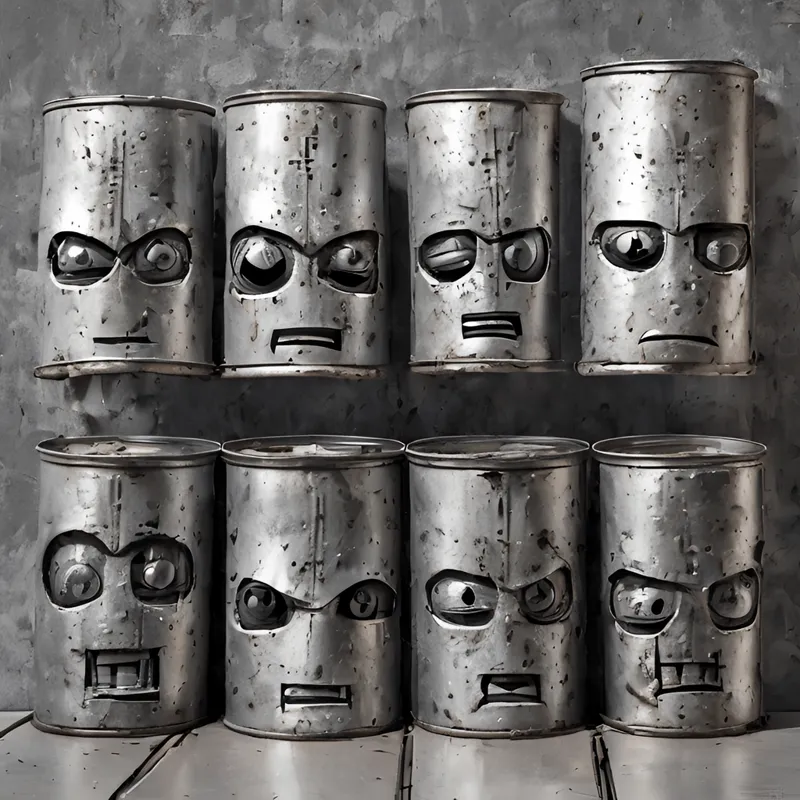
The bandwagon effect
These celebrations and stories serve as a safety valve for society, allowing a collective exploration of the taboo, the repressed, and the possible. They also reaffirm the value of joy, play, and the unpredictable.
The Fool as Social Critic
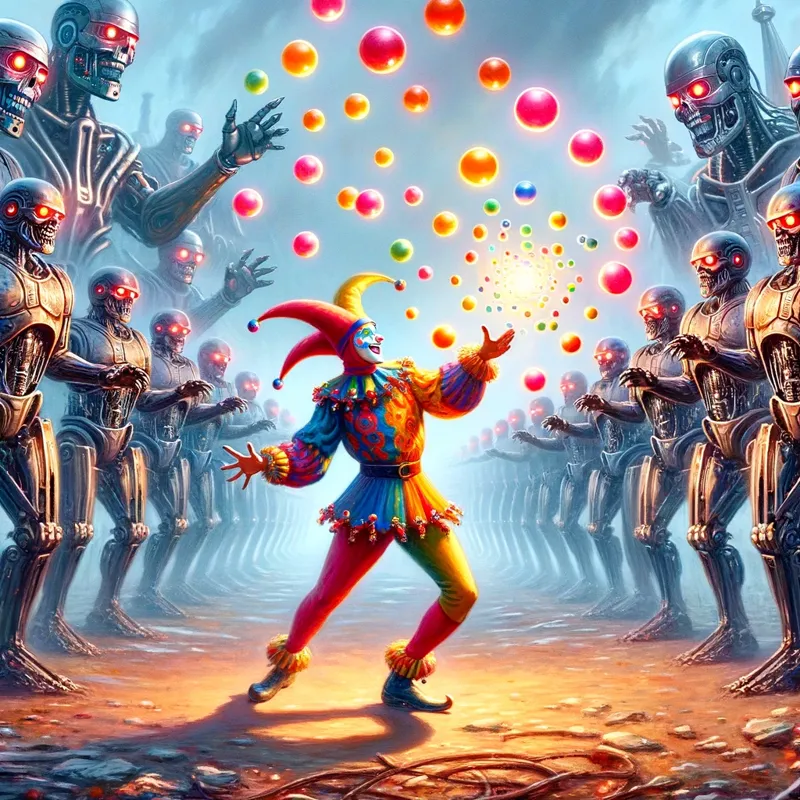
Why do we laugh?
The Fool's role can also be seen in modern contexts as the social critic or the satirist, who, like the court jester of old, uses humor to unveil truths about society's shortcomings. Comedians and political cartoonists embody the Fool's spirit when they use their platforms to comment on political folly, societal norms, and human behavior. In doing so, they often risk censure or controversy, reflecting the Fool's inherent association with danger and the fringe of societal acceptance.
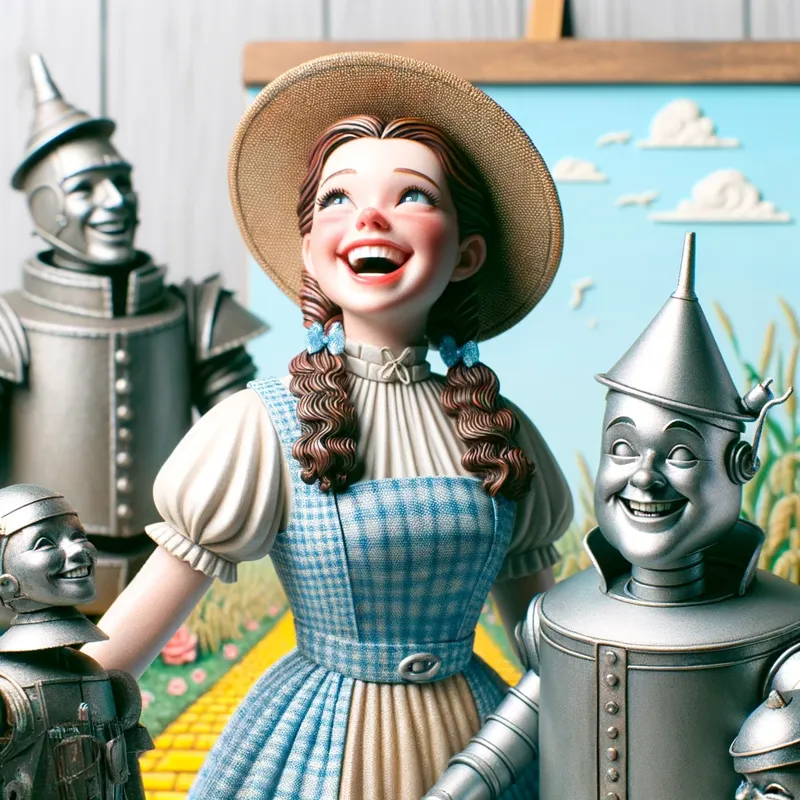
There's no place like home
This modern Fool doesn't just entertain; they provoke thought, challenge beliefs, and inspire change, continuing the Fool's traditional role as a mirror to society.
The Fool's Journey

Spirit wave
The concept of the Fool's Journey is a metaphor for the individual's journey through life, a path that is marked by learning, growth, and the embracing of one's own ignorance and mistakes. It's a process of becoming, from naivete to wisdom, from folly to understanding. The Fool's Journey is one of self-discovery, where each experience, each misstep, is a lesson that brings one closer to wisdom.

Choice is key
In this sense, everyone is the Fool at the start of their journey, embarking on a path filled with unknowns. Embracing the Fool's curiosity and courage can lead to a life rich with experience and enlightenment.
The Fool, in all its guises, serves as a powerful symbol of human potential and the courage to embrace the unknown. From the jester's cunning wordplay to the satirist's incisive wit, the Fool reminds us that wisdom often comes in unexpected forms. As a character, a symbol, and a state of being, the Fool invites us to laugh, ponder, and perhaps most importantly, to venture forth with open hearts and minds into the great journey of life. Through understanding the Fool, we understand a little more of ourselves and the world we navigate—an ever-evolving landscape where the Fool's laughter echoes, reminding us of the joy in the journey and the wisdom in the folly.

